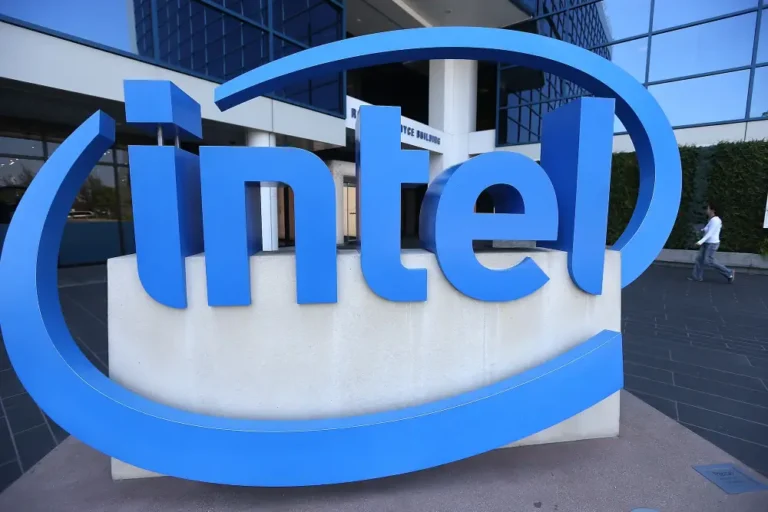Apple exec lists 3 reasons the iPhone maker doesn’t want to build a search engine

Apple has a multibillion-dollar deal with Google that makes Google the default search engine in Safari.
Apple says it plans to stick to what it knows best, and that doesn’t include building its own search engine.
In court papers filed this week in Washington, DC, Eddy Cue, Apple’s senior vice president of services, listed the reasons the iPhone maker does not want to create its own search engine.
The filing was made in connection to the Department of Justice’s antitrust case against Google, which argues that Google has an illegal monopoly over the search engine market. One of the DOJ’s key pieces of evidence in the trial is a revenue-sharing deal between Google and Apple that makes Google the default search engine on Apple’s Safari browser on all its devices. Google has been paying Apple for this default search engine status since 2002. Google’s payout has increased dramatically over the years, rising to around $20 billion in 2022.
Apple had asked to participate in the trial to defend its partnership with Google, Reuters reported. And in this week’s filing, Cue explained the motivation behind the deal, including why Apple uses Google’s search engine instead of creating its own.
He gave three main reasons:
- Developing a search engine would “cost billions of dollars and take many years,” Cue said in the filing. He added that it would divert employees and capital investment away from the company’s other areas of growth.
- Search is “rapidly evolving” alongside artificial intelligence, and investing in it now would be “economically risky,” Cue said.
- Search engines require a platform to sell targeted advertising, and that is not a core part of Apple’s business, Cue said. He said Apple also does not have the staff or operational infrastructure to build out a successful search advertising business. And he said it could conflict with Apple’s “longstanding privacy commitments.”
- Cue said the DOJ is wrongly assuming that, without a deal with Google, Apple would create its own search engine. Cue said that’s not likely, regardless of the case’s outcome. And he warned that if the DOJ blocks Google’s revenue-sharing deal with Apple, then “it would hamstring Apple’s ability to continue delivering products that best serve its users’ needs.”
Cue also highlighted Apple’s revenue-sharing agreements with other search engines. These include deals that give Yahoo!, Microsoft Bing, DuckDuckGo, and Ecosia access to Apple users’ Safari search queries, he said.
In 2018, Apple considered buying Microsoft’s Bing search engine or investing in a multibillion-dollar deal to allow Bing to supplement some of Google’s dominance on Apple devices, CNBC reported in 2023. But the deal, which could have tarnished Apple’s relationship with Google, ultimately did not go through, according to the report.






